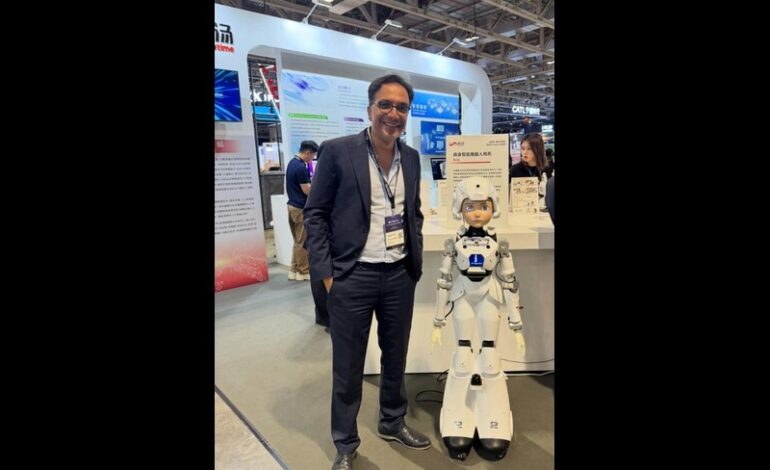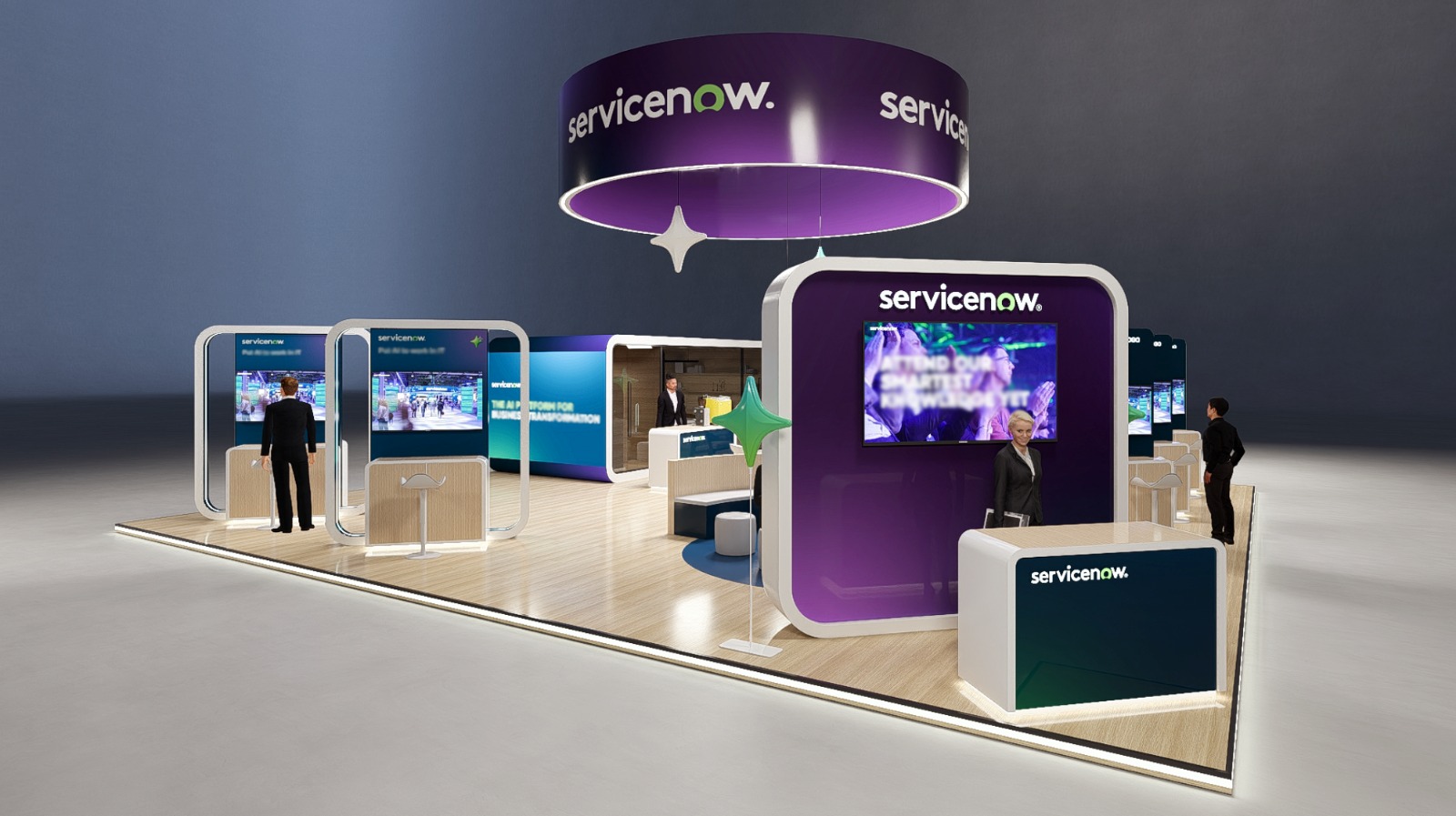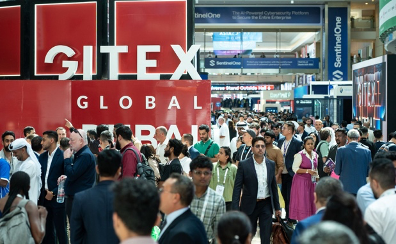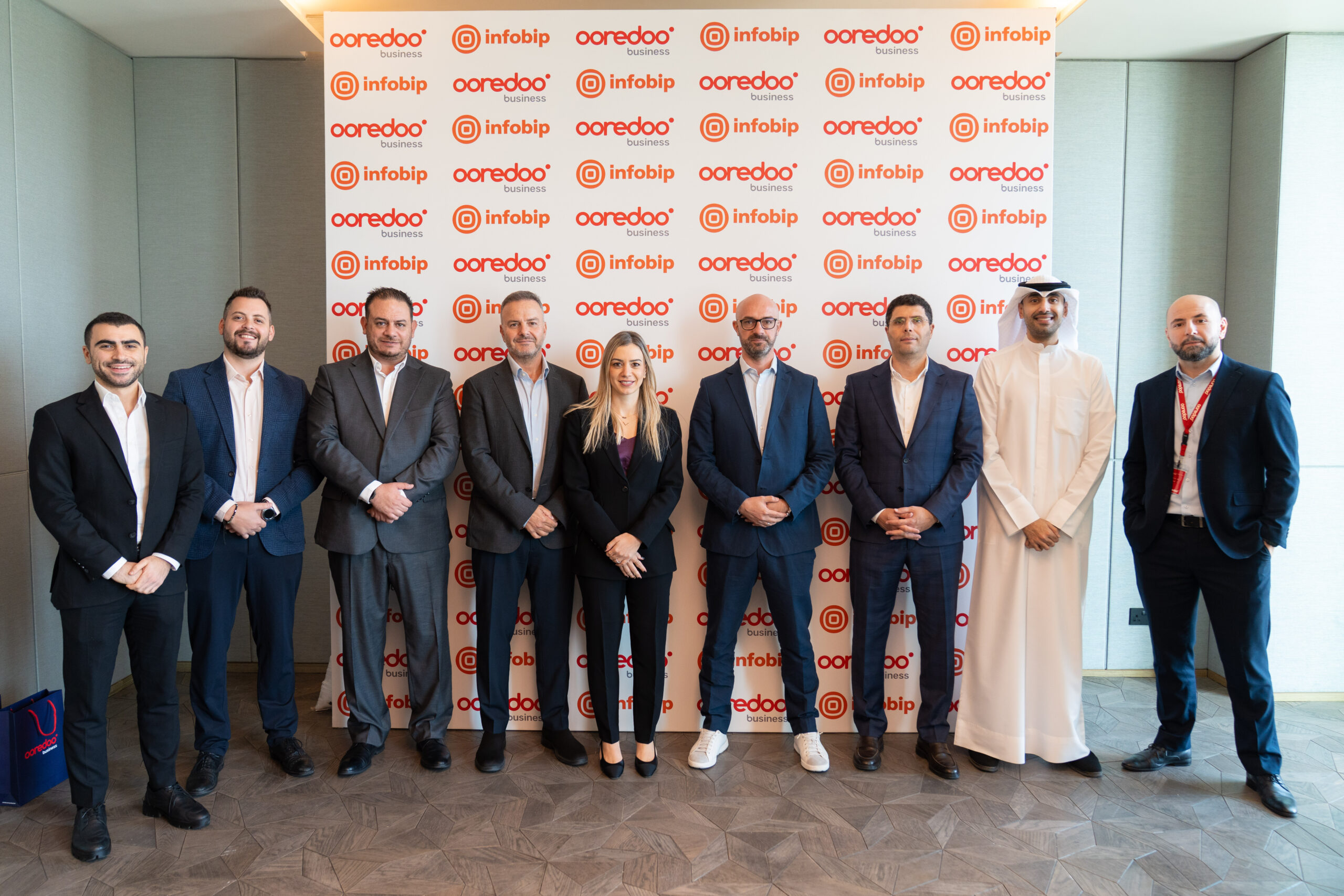VIDEO: Khalid Almahfouz sees space as Saudi Arabia’s next infrastructure

Episode 3 of The Next Big Thing podcast features Khalid Almahfouz, a Misk 2030 Leader, angel investor, and strategic advisor, whose journey reflects both the transformation of Saudi Arabia’s Eastern Province and the country’s growing role in deep tech and space technology. The episode unpacks Khalid’s personal story, his investment philosophy, and why he sees space as the next great infrastructure powering the Kingdom’s digital future.
Growing up in the Eastern Province, Khalid recalls how the region has evolved from a quiet community into a thriving innovation hub. The collaboration between players like Aramco and DTVC has fuelled a culture of entrepreneurship, with local heritage and values still deeply embedded. His early curiosity as a child — constantly asking “why” and “how” — led him to computer science and eventually a career that spanned Aramco, government roles, startups, and the non-profit sector. Each experience, he explains, added a unique layer of perspective: Aramco instilled structure, government work required alignment, and startups taught him speed and scale.
One of Khalid’s most influential contributions was establishing the Bader ICT Incubator in 2017. At the time, there were virtually no incubator programmes in the Eastern Province. Under his leadership, Bader supported 63 companies in just over a year, creating a platform for Saudi founders to think beyond borders. Though non-profit and community-led, it sparked a thirst for growth, spin-offs, and startups that remain active today.
His journey into angel investing stemmed from Bader. “If you talk about startups, you need to put your money where your mouth is,” he reflects. Although he doesn’t see himself as having “founder DNA,” Khalid built a reputation for backing and mentoring entrepreneurs. Over time, his approach to investing matured from instinct to a more structured, professional outlook, often working within syndicates. For him, attitude and humility matter as much as business IQ — qualities that determine whether a founder can scale, not just start.
The conversation also explores deep tech, which Khalid defines simply: innovations that take years to develop but hold the power to transform industries and societies. Unlike mainstream “shallow tech,” deep tech demands patience, heavy R&D investment, and strong intellectual property foundations. From cancer research in the UK to logistics platforms like AHOY, deep tech reshapes the way we live. Within Saudi, initiatives like DTVC are pushing the boundaries, while Khalid himself is helping build deep tech communities by collaborating with Silicon Valley to launch Deep Tech Connections in the Kingdom.
Space technology, Khalid argues, is the next layer of infrastructure. It goes far beyond rockets and exploration; space tech underpins communication, navigation, data analytics, and even applications as common as Google Maps. With thousands of satellites expected to launch in the coming decade, the downstream opportunities in cybersecurity, climate solutions, and healthcare are immense. The cost of launching satellites has dropped by 95%, opening doors to entirely new sectors, from biotech to medicine in space.
Saudi Arabia, he notes, understands the strategic value of space. It provides autonomy, national security, and a foundation for digital innovation. For the Eastern Province, with its talent and heritage, Khalid hopes it can become a gateway for space technology and deep tech investment.
His advice for founders is clear: stay focused, solve real problems, and don’t let pride block opportunities for support. Communities, he stresses, are the cornerstone of innovation — they provide peer support, challenge ideas, and create the magic that enables ambitious visions to succeed. “If you want to go fast, you go alone,” he concludes. “If you want to go to space, you go together.”








